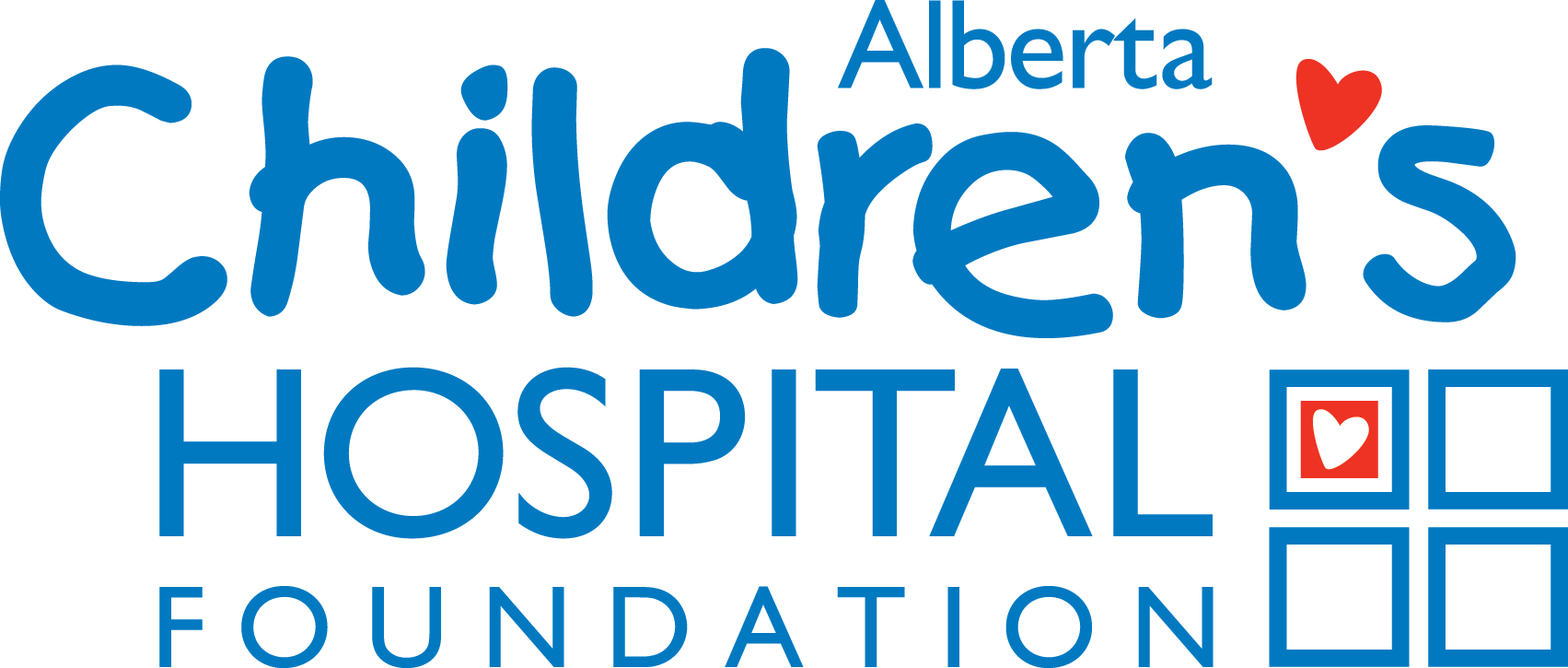RECOMMENDED INITIAL SCREENING TESTS
OUR SCREENING
RECOMMENDATIONS
While most of our screening recommendations for refugees are based on the
CMAJ Evidence-based clinical guidelines for immigrants and refugees (Pottie et al., 2011), we also recommend broader screening tests based on our clinical experience at the Calgary Refugee Health Program. For example, while the CMAJ guidelines only recommend screening for HIV and hepatitis B/C in patients from countries with disease prevalence above a certain threshold, we have decided to recommend these screening tests for all newly arrived refugees. This is mainly to simplify our recommendations, especially considering the low cost of these serologic tests.
We also reviewed the screening recommendations by the Centers for Disease Control and Prevention (CDC), the European Centre for Disease Prevention and Control (ECDC), and the Caring for Kids New to Canada website.
As for any other Canadian patient, refugee patients should also be offered age-appropriate screening (cancer, dyslipidemia, etc.).
Here are our recommended refugee-specific initial screening tests for both adults and children:
All Patients
- CBC and hemoglobinopathy screen
- includes iron studies
- G6PD levels
- males only
- if born in Africa, Asia, or the Middle East*
- Hepatitis B surface antigen, anti-HBs, anti-HBc
- Hepatitis C serology
- HIV serology
- with patient consent
- Varicella IgG immune status
- age >13 only
- Strongyloides serology
- if from Latin America, the Caribbean, Africa, the Middle East or Southeast Asia
- Schistosoma serology
- if from an endemic country**
- Latent TB screening
- with a tuberculin skin test (TST), or interferon-gamma release assay (IGRA) if available
- age 6 months to 50 years and from a country with a high TB incidence*** (age >2 if IGRA)
Adults Only
- Hemoglobin A1c
- age >35 or earlier if positive family history
- Syphilis serology
- Urine chlamydia/gonorrhea NAAT
Links to pre-filled requisition forms with the above tests are available in
Appendix A2.
* Refer to
Appendix A3 for a map showing the world distribution of the G6PD deficiency allele.
** Refer to
Appendix A4 for a map showing the world distribution of schistosomiasis.
***
Screening up to age 65 can be considered if the patient has a medical condition that increasis the risk of TB reactivation, such as diabetes or end-stage renal disease. Refer to
Appendix A5 for a list of countries with a high TB incidence (>30/100,000 population). Patients with a history of previously treated tuberculosis should not be offered latent TB screening. To arrange latent TB screening in Alberta, one option is to refer patients to TB Services using their special
referral form.
SCREENING TESTS WE DO NOT
ROUTINELY RECOMMEND
The following tests should not routinely be performed in asymptomatic
patients. They should however be considered if the clinical picture warrants it or if additional risk factors are present:
- Chest X-ray
- only if positive latent TB screening or if symptoms suggesting active TB
- Creatinine, electrolytes, liver enzymes
- Lead levels
- consider in children age <6 who have lived in poverty or who are iron deficient
- Malaria screening
- stay alert for any potential malaria symptoms if from endemic country (see
Appendix A6), especially during first three months post-arrival
- Pregnancy test
- consider in sexually active women of childbearing age who are not using a contraceptive method
- Stool Ova & Parasites and Protozoal Screen (PCR)
- consider in children from sub-Saharan Africa or Asia, especially those who have lived in poverty or refugee camps
- TSH
- consider in pregnant patients, women of childbearing age and children from countries known for iodine deficiency (seeAppendix A7)
- Urinalysis
- Vitamin B12 levels
- screen in pregnant patients and consider in vegetarians and patients who have lived in poverty or refugee camps
- Vitamin D levels
- offer routine supplementation without testing
COMMENT ON THE
IMMIGRATION MEDICAL EXAM
All refugees will have had an immigration medical exam (IME) performed abroad, and refugee claimants will have to do one as part of their application process. These exams can only be performed by an
approved panel physician. It consists of a general medical history as well as physical and mental examinations. Mandatory investigations are also performed depending on the patient’s age: urinalysis (≥5), HIV serology (≥15), syphilis serology (≥15) and chest X-ray (≥11) to rule out active tuberculosis. The main purpose of the immigration medical exam is to prevent the introduction of communicable diseases in Canada. The results from this exam are rarely made available to regular non-panel physicians in Canada. This is why we repeat some of the tests listed above (HIV and syphilis).
SPECIFIC
POPULATIONS
NEWBORNS AND INFANTS
We do not
recommend routine blood work in clinically healthy newborns and young infants (<1 year old). A reasonable approach is to screen the parents first and offer screening for their infants only if the parents test positive for potentially vertically transmissible diseases (HIV, hepatitis, syphilis, α/β thalassemia or sickle cell carriers).
A newborn metabolic screening can be considered in newborns or young infants born in a country where this is not routinely done after birth
Tuberculin skin tests (TSTs) should not be performed in infants <6 months old. This is mainly due to the higher rates of false negative results in this age group. In addition, latent TB screening with interferon-gamma release assays is currently not recommended for children <2 years old. A TST should thus be used for patients between the age of 6 months and 2 years.
PREGNANT PATIENTS
When a new refugee patient is pregnant, we add the screening tests listed above to the usual first trimester prenatal tests.
At the Calgary Refugee Health Program, we also screen our pregnant patients for
vitamin B12 deficiency. B12 deficiency in vegetarian and malnourished mothers can lead to deficiency in the newborn with subsequent complications. Additionally, while routine TSH screening in asymptomatic pregnant patients (including refugees) is still controversial, we do recommend screening for
subclinical hypothyroidism (with TSH levels)
in pregnant patients from countries known for iodine deficiency (see
Appendix A7).
It is also important to review with pregnant refugee patients how prenatal care is delivered in Canada. Some women might not be prepared for the multitude of appointments, lab tests and ultrasounds involved in our prenatal care model.
Here are some additional testing considerations for pregnant refugee patients:
Zika Virus
Infants from mothers infected who had Zika virus infection during pregnancy (both symptomatic and asymptomatic mothers) have a high risk of congenital anomalies. Many refugee patients come from countries with Zika virus transmission (see Appendix A8 for a map of Zika virus endemic countries) and testing can be considered in new prenatal refugee patients. Testing recommendations vary depending on if the pregnant patient is symptomatic or asymptomatic.
Infants from mothers infected who had Zika virus infection during pregnancy (both symptomatic and asymptomatic mothers) have a high risk of congenital anomalies. Many refugee patients come from countries with Zika virus transmission (see Appendix A8 for a map of Zika virus endemic countries) and testing can be considered in new prenatal refugee patients. Testing recommendations vary depending on if the pregnant patient is symptomatic or asymptomatic.
While most Zika virus infections are asymptomatic, patients can still present with the following symptoms: low grade fever, arthralgia/myalgia, conjunctivitis
and maculopapular rash.
- Screening recommendations for Zika virus depend on the public health agency. For patients in Alberta, please refer to the latest Alberta Health Services recommendations.
- Appendix A8
also contains a summary table of their testing recommendations.
Malaria in Pregnancy
As for other refugee patients, we do not currently recommend asymptomatic malaria screening in pregnant patients from endemic countries (see Appendix A6). However, malaria in pregnancy can lead to potentially severe complications in both the mother and the fetus such as maternal anemia, miscarriage/stillbirth and IUGR/low birth weight (Desai et al., 2007, Moore et al., 2017). Therefore, malaria testing should be immediately considered for any symptom
that could potentially be due to malaria. Remember that malaria can sometimes only cause vague symptoms such as headache or malaise, without any objectified fever. Patients who have recently arrived from an endemic country in the last 3 months are especially at risk.
See the Other Commonly Encountered Medical Conditions in Refugee Patients
page for more information on malaria testing.







